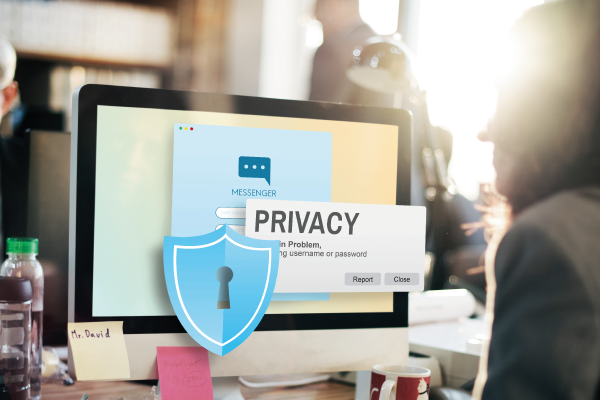A Comprehensive Guide to Cybersecurity and Privacy
04 October 2023

Cybersecurity refers to the practice of protecting computer systems, networks, and data from theft, damage, or unauthorized access. Privacy, on the other hand, relates to the right to control one's personal information and ensure it is not misused.
The digital landscape is constantly evolving, and so are cyber threats. Here are some compelling reasons why cybersecurity is crucial:
Data breaches have become more frequent and sophisticated, resulting in the exposure of sensitive personal and financial information. Protecting data is essential to prevent identity theft and financial loss.
With the proliferation of smartphones, tablets, and IoT devices, our lives are interconnected. Cyberattacks on these devices can have far-reaching consequences, affecting both individuals and businesses.
Governments worldwide have enacted privacy regulations like the General Data Protection Regulation (GDPR) and the California Consumer Privacy Act (CCPA). Non-compliance can result in significant fines.
Understanding the threats is the first step in securing your digital presence:
Phishing emails trick individuals into revealing personal information. Be cautious of unsolicited emails and verify sender legitimacy.
Malware, including viruses and ransomware, can infect your devices and steal data. Regularly update and run antivirus software.
Weak passwords are easy targets. Use strong, unique passwords for each online account and consider using a password manager.
Here are actionable steps to enhance your cybersecurity and privacy:
2FA adds an extra layer of security by requiring a second verification step beyond a password.
Regularly update your operating systems, apps, and antivirus software to patch vulnerabilities.
Stay informed about the latest cybersecurity threats and best practices. Awareness is a powerful defense.
Use a strong, unique password for your Wi-Fi network and consider enabling WPA3 encryption.
Be cautious about sharing personal information online. Only provide data to trusted sources.
Regularly back up your data to prevent data loss in case of a cyberattack.
Regularly review your financial statements for suspicious activity.
Cybersecurity and privacy are not optional but essential components of our digital lives. By understanding the threats and implementing proactive measures, you can safeguard your personal information and digital assets. Stay vigilant, stay informed, and protect your digital world from cyber threats. Your online safety is worth the effort.